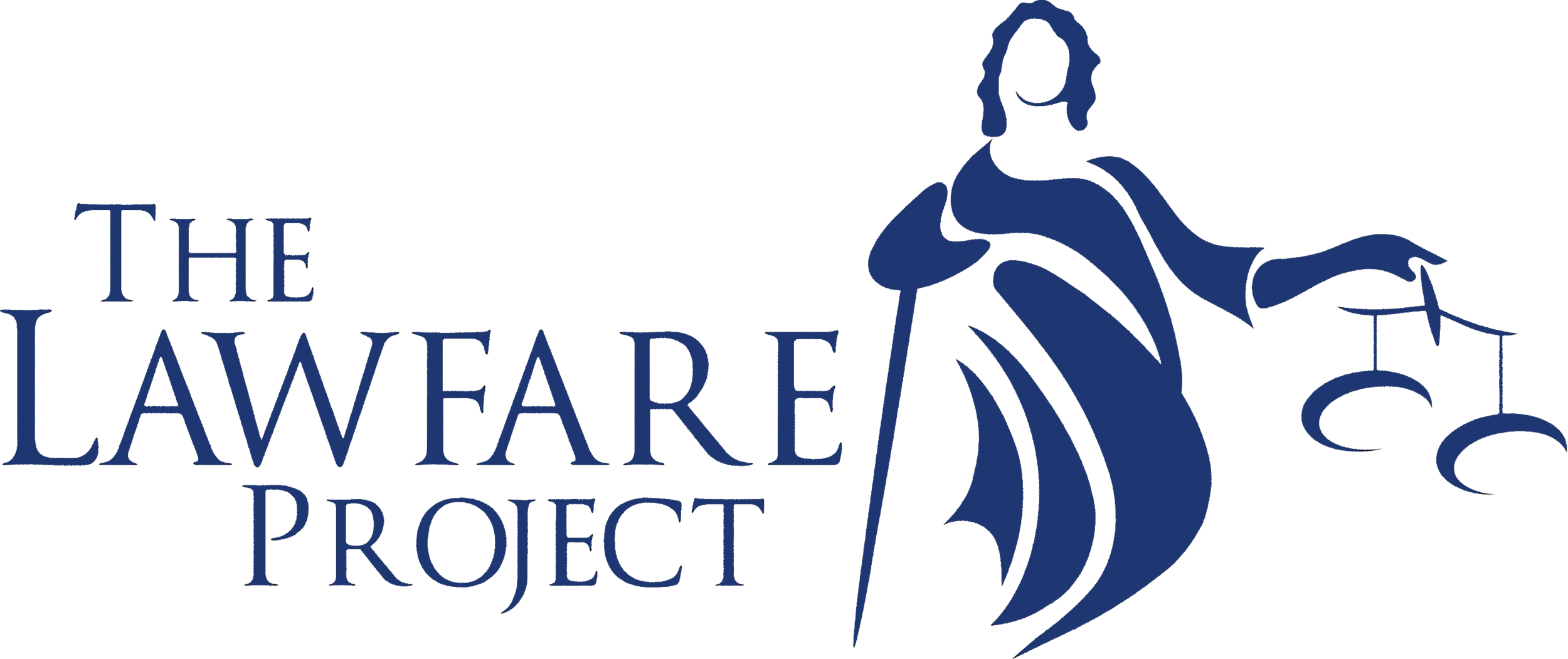Top lawyers make submission to ICC, warning of the unreliability of human rights reports
Press Release – For Immediate Release
July 1, 2019
US Media Contact:
David Pasch
202-854-1179
dpasch@targetedvictory.com
EU Media Contact:
David Krikler
+44 7967 632 776
David@dkcomms.co.uk
Leading lawyers have made a submission to the Office of the Prosecutor (OTP) of the International Criminal Court (ICC) regarding the challenges of relying on human rights reports when examining potential criminal cases. The submission was made by Dr. Dov Jacobs of 9 Bedford Row, with support from The Lawfare Project and UK Lawyers for Israel (UKLFI). It relates to the ongoing preliminary examination into the "Situation in Palestine," opened by the OTP in January 2015.
The preliminary examination will form the basis of a decision on whether or not the Prosecutor opens a formal investigation. The submission emphasizes the Prosecutor’s professional obligation to ensure that the available information is meticulously scrutinized.
The OTP faces challenges in this respect, however, if it relies on third-party human rights reports that contain serious flaws in terms of their methodology and, therefore, reliability. Consequently, it is important that the Prosecutor does not lean too heavily on such reports in deciding whether to launch a formal investigation. Preliminary examinations, the submission argues, should not be treated as a self-contained exercise whose only purpose is to determine whether to open a formal investigation, but rather as a first investigative step in potential cases. The OTP should therefore apply a sufficiently rigorous standard when scrutinizing the relevance, reliability, credibility, and completeness of the information presented to it, particularly regarding human rights reports from NGOs and UN bodies.
The submission goes on to highlight the common flaws and potential unreliability of information contained in human rights reports. These include the frequent question marks over the sources of documentary evidence, the unverifiability of the reliability of eyewitness evidence, and lack of access to the scene. Examples cited in the submission include:
Videos and photographs that are the product of staging, or falsely ascribed to a particular incident or conflict, or possibly subject to doctoring or editing
Casualties identified as civilian victims by medical staff who did not witness the incidents
Fabricated medical evidence
Confirmation bias, in only looking for information validating a pre-determined opinion
Evidence that could be influenced by fear of reprisals
Lack of any record as to how evidence was elicited
Plainly incorrect legal propositions, including systematic ignorance of the requirement of mens rea (intent) for the existence of a crime
Brooke Goldstein, Executive Director of The Lawfare Project, which supported the submission, said:
"I have lost count of the number of times Israel has been condemned by human rights NGOs and UN bodies on the basis of information later found to be unreliable, from people who weren’t there, or simply made up. It is therefore vital that the Office of the Prosecutor scrutinize the information available to it with its eyes wide open. Flawed human rights reports by organizations and individuals driven by hostile agendas should never be the basis of criminal cases.”
Jonathan Turner, Chief Executive of UK Lawyers for Israel, said:
"UKLFI previously examined the reporting of a major human rights NGO on Israel's ‘Protective Edge’ operation in Gaza in 2014 and found it seriously defective. We were therefore delighted to assist in the preparation of this careful analysis of how such reporting should be scrutinized by the OTP. Proceeding on the basis of false reports is not only liable to waste money and discredit the Court, but also to cause serious injustice and to promote conflict."
